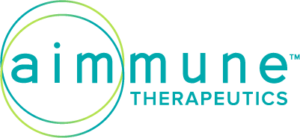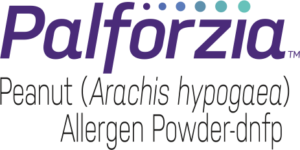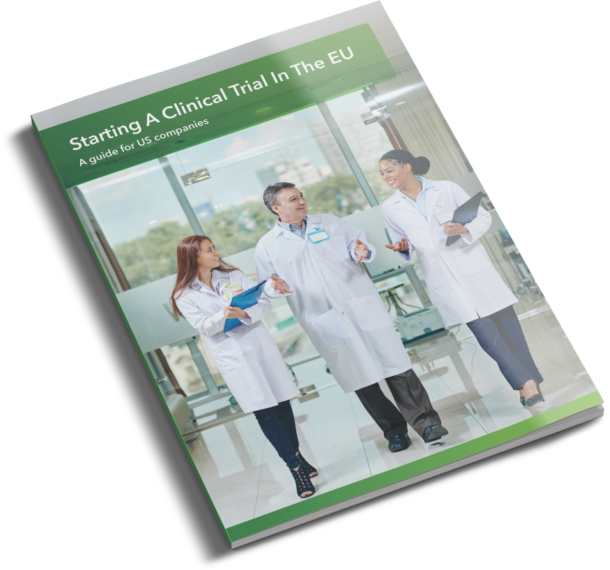An estimated 1.2 million children and teenagers across the United States are allergic to peanuts – that accounts for around 1 in 50 children. This pattern is seen globally, making peanut allergy the second most common food allergy after egg.
Now, for the first time, the FDA has approved an oral immunotherapy for peanut allergy in children and teenagers, and Siron Clinical is proud to have been involved in the clinical trials leading to this success. The treatment, PALFORZIA, is made by Aimmune Therapeutics and is now available in the US.
“It’s exciting news – Aimmune Therapeutics is the first company that has received FDA approval for its oral treatment for peanut allergy. Siron Clinical, including our daughter company in Germany, are proud to be part of this journey.”
Jan Balemans, CEO Siron Clinical
Peanut Allergy: An Important Target for Immunotherapy
Exposure to peanuts can have serious effects in people with allergies – severe allergies can result in anaphylaxis on exposure, which may present through skin reactions, fainting, a weak pulse and constriction of the airways. In an estimated 1 in 200 cases, anaphylaxis due to peanut allergy is fatal.
So when Aimmune Therapeutics was looking for a partner, it was the perfect opportunity for Siron Clinical to support what was then a young, dynamic, growing organization with getting studies and study centers up and running and find a treatment for this deadly allergy.

With their combination of clinical research experience and experience in working with small to medium-sized (start-up) companies, the Siron Clinical team was able to provide the support Aimmune Therapeutics – and it was a challenging project that was in line with Siron Clinical’s mission.
“Peanut allergy is one of the most common allergies in children and it can cause life-threatening reactions,” said Jan Balemans, CEO at Siron Clinical. “This project was ideal for us – a collaboration with the result of making a contribution to life-saving therapy for children is what drives us.”
The Process: Siron Clinical Applies Biotech Experience
Siron Clinical’s collaboration with Aimmune Therapeutics started in March 2017, with phase III clinical trials of PALFORZIA, which was then called AR101. The trials covered different regions, entry criteria, dosing periods and primary efficacy endpoints in order to gather sufficient data for FDA approval.
- In the first project, a phase III study in children and adults called PALISADE, Siron provided regulatory support and clinical monitoring services.
- Shortly thereafter, still in early 2017, they started on a phase III study in children, called ARTEMIS, using the same oral immunotherapy, for which they supported the regulatory submission process and are responsible for the clinical monitoring.
- The third project was an open-label long-term safety study using the same therapy; patients who completed either of the first two studies were rolled over into this one, which is ongoing. Siron Clinical is responsible for clinical monitoring on this trial.
These first three studies involved participants in France, Germany, Ireland, Italy, the Netherlands, Spain, Sweden and the UK, and Siron Clinical’s extensive experience running trials in Europe and the US was invaluable. The German Siron Clinical affiliate CRC-Network GmbH is responsible for the management of the studies.
The trials demonstrated that following treatment, people with peanut allergy could tolerate significantly higher doses of peanut protein, with the median tolerated exposure increasing from 10 mg at the start of the trials to 1000 mg at the end.
Clinical trials are vital for understanding adverse reactions, and the trials also showed that while some patients did experience adverse reactions to increases in dosage, they were short-lived and usually occurred within 30 minutes of administration.
The Result: FDA Approves PALFORZIA
Following the positive results of the trials, the FDA approved PALFORZIA as the first and only oral immunotherapy for peanut allergy in patients aged 4 to 17 years old. As described by Aimmune Therapeutics, “the treatment can help reduce the severity of allergic reactions, including anaphylaxis, that may occur with accidental exposure to peanut.”
The results of the clinical trials carried out in collaboration with Siron Clinical informed the guidance for use of the treatment. Patients are given their first dose and every increased dose in a healthcare setting, so that they can be observed for an hour, and if there is an adverse reaction, it can be treated quickly.
PALFORZIA is now available in the US through a restricted program called the PALFORZIA Risk Evaluation and Mitigation Strategy (REMS) Program. As with all FDA-approved treatments, continuous monitoring will be carried out.

Siron Clinical is now working on a phase III study in children aged 1-4, for which they are responsible for the clinical monitoring. The incidence of peanut allergy in children aged 1-4 is more than double that of older children, at an estimated 5.2%. While the new FDA approval covers children and teenagers aged 4-17, younger children may also benefit, and this separate trial will explore that.
Siron Clinical’s expertise in pediatric trials and peanut allergy is part of a much broader array of therapeutic areas, including oncology, orphan indications, and phase I trials. To find out more, visit sironclinical.com/therapeutic-expertise.




0 Comments